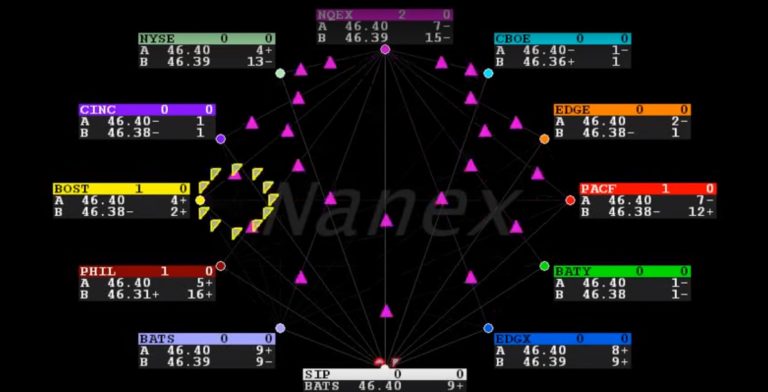Jonathan Beller expands conversations about the role of the digital and the digital humanities through attention to the mechanisms by which the digital image is instrumental in neoliberal capitalist accumulation and colonialism. Beller argues that the digital image itself exploits the attentive labor of those who see it, organizes profitable patterns of spectatorship, and links communication directly to financial speculation. Through scrutiny of examples that attempt to disrupt the profitable, algorithmically-capitalized flow of data and attention through the interface of the screen, Beller’s article makes a pointed critique of the ways that fascism manifests in and might be combated via digital economies.
Keyword: code
Money as Medium, Speculation and Scrypt
Although they intervened on a culture of financialization in two very different ways, both Speculation and scrypt explore the intersection of money with the history of media, imperialism, colonialism, and computation. If capitalism is a kind of computer, a difference engine propagating vectors of exchange, these projects attempted to reprogram its operations. Apart from exploring the homology between money, language, computation, and philosophies of abstraction, Speculation and scrypt engage in collaborative practices that interrupt forms of classroom pedagogy based around the concept of the neoliberal individual (and neoliberal university). When money is pursued not for profit, but play, and when money is transformed from a medium of exchange to a medium for artistic practice, these two moneygames make invisible hands visible.
